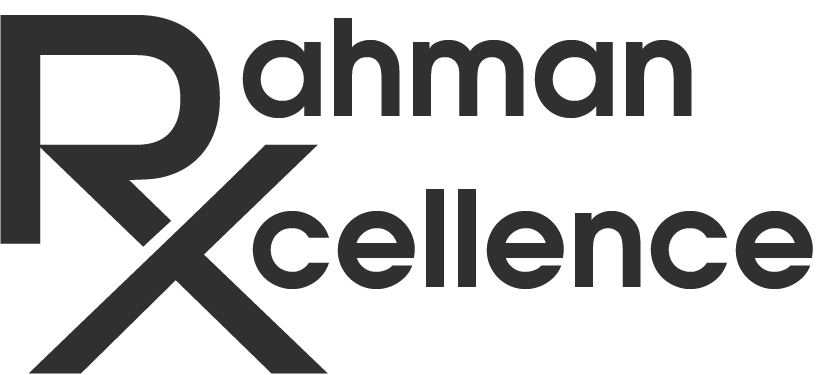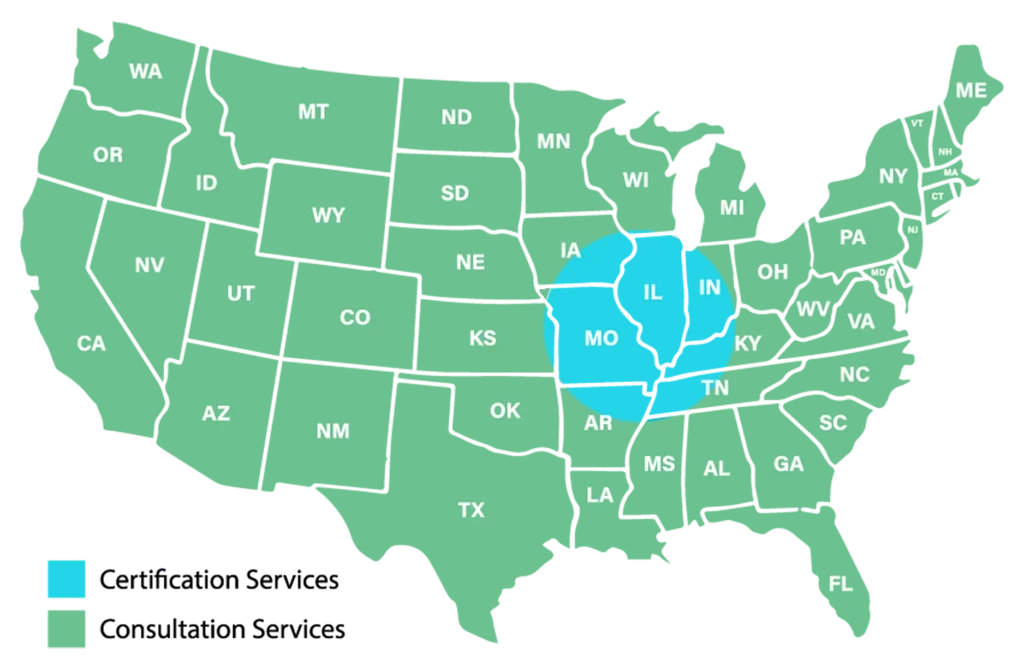Additional Services
Sterile Compounding & Aseptic Control Program Consultations
Consulting services for sterile compounding and aseptic control programs play a crucial role in ensuring the safety and efficacy of compounded sterile preparations. These services typically include comprehensive assessments of existing compounding practices, training for pharmacy staff, and the development of tailored Standard Operating Procedures (SOPs) that align with regulatory standards, such as those set by USP, CETA, the Joint Commission, and state boards of pharmacy. Consultants conduct facility evaluations to identify potential risks and implement best practices for aseptic techniques, ensuring that the compounding environment meets stringent cleanliness and contamination control requirements. Additionally, they provide ongoing education and support to help staff stay updated on the latest industry advancements and compliance mandates. By utilizing data-driven approaches and evidence-based protocols, consulting services can enhance operational efficiency, minimize errors, and improve patient safety outcomes.
These partnerships not only help pharmacies maintain compliance but also foster a culture of quality and accountability, ultimately leading to better healthcare delivery. In an increasingly complex regulatory landscape, investing in expert consulting services can significantly mitigate risks and elevate the standard of care provided to patients reliant on sterile compounded medications.
Consulting services for sterile compounding and aseptic control programs play a crucial role in ensuring the safety and efficacy of compounded sterile preparations. These services typically include comprehensive assessments of existing compounding practices, training for pharmacy staff, and the development of tailored Standard Operating Procedures (SOPs) that align with regulatory standards, such as those set by USP, CETA, the Joint Commission, and state boards of pharmacy. Consultants conduct facility evaluations to identify potential risks and implement best practices for aseptic techniques, ensuring that the compounding environment meets stringent cleanliness and contamination control requirements. Additionally, they provide ongoing education and support to help staff stay updated on the latest industry advancements and compliance mandates. By utilizing data-driven approaches and evidence-based protocols, consulting services can enhance operational efficiency, minimize errors, and improve patient safety outcomes.
These partnerships not only help pharmacies maintain compliance but also foster a culture of quality and accountability, ultimately leading to better healthcare delivery. In an increasingly complex regulatory landscape, investing in expert consulting services can significantly mitigate risks and elevate the standard of care provided to patients reliant on sterile compounded medications.
Contact Rahman Xcellence at 618.580.9878 to ensure your pharmacy adheres to the highest standards in sterile compounding through professional consultation.
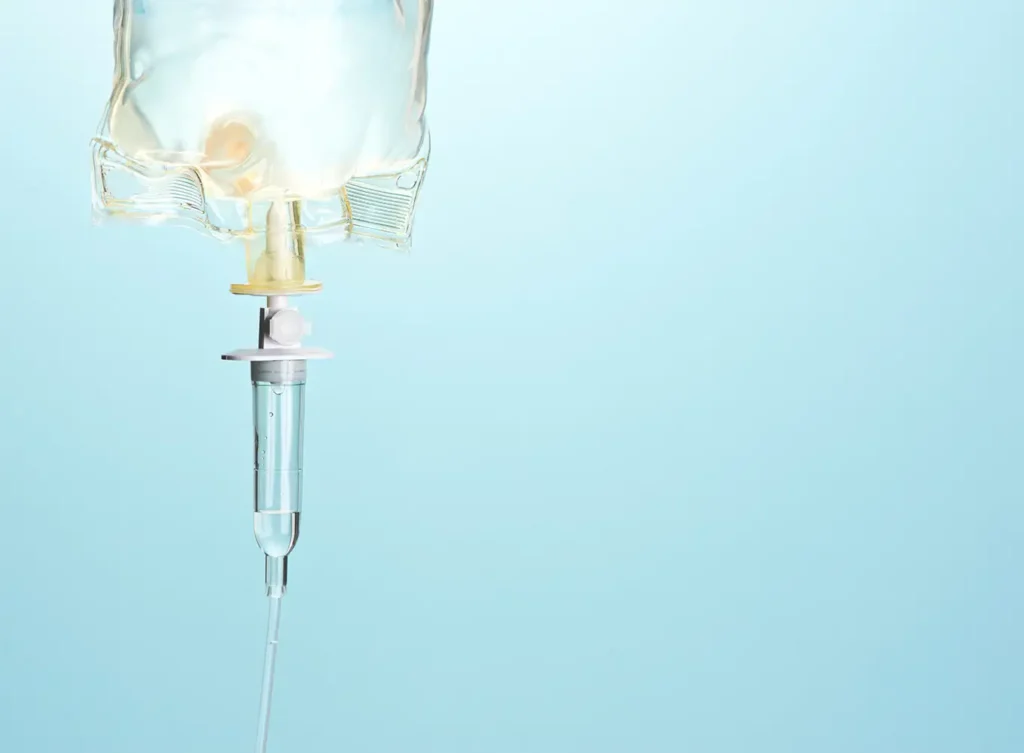
Onsite Training
Onsite training for non-hazardous sterile compounding operations is essential for ensuring compliance with current regulatory guidelines and industry standards. This training encompasses a comprehensive approach, including competency assessments to evaluate the proficiency of pharmacy staff in aseptic techniques and sterile manipulation. Media fill testing is conducted to simulate the compounding process, assessing the ability to maintain sterility and identify potential contamination risks. Additionally, gloved fingertip sampling is performed to monitor the effectiveness of hand hygiene and garbing practices, providing critical feedback for continuous improvement. For chemotherapy sterile compounding operations, specialized training addresses the unique challenges posed by handling hazardous materials, emphasizing proper procedures for safe compounding, waste disposal, and personal protective equipment (PPE) usage.
Similarly, radiopharmaceutical sterile compounding operations require targeted training to ensure staff understand the specific safety protocols and regulatory requirements associated with handling radioactive substances. By integrating these elements into onsite training programs, pharmacies can foster a culture of safety and compliance, ultimately enhancing patient care and minimizing risks. This hands-on approach not only equips staff with the necessary skills but also instills confidence in their ability to perform complex sterile compounding tasks safely and effectively.
Onsite training for non-hazardous sterile compounding operations is essential for ensuring compliance with current regulatory guidelines and industry standards. This training encompasses a comprehensive approach, including competency assessments to evaluate the proficiency of pharmacy staff in aseptic techniques and sterile manipulation. Media fill testing is conducted to simulate the compounding process, assessing the ability to maintain sterility and identify potential contamination risks. Additionally, gloved fingertip sampling is performed to monitor the effectiveness of hand hygiene and garbing practices, providing critical feedback for continuous improvement. For chemotherapy sterile compounding operations, specialized training addresses the unique challenges posed by handling hazardous materials, emphasizing proper procedures for safe compounding, waste disposal, and personal protective equipment (PPE) usage.
Similarly, radiopharmaceutical sterile compounding operations require targeted training to ensure staff understand the specific safety protocols and regulatory requirements associated with handling radioactive substances. By integrating these elements into onsite training programs, pharmacies can foster a culture of safety and compliance, ultimately enhancing patient care and minimizing risks. This hands-on approach not only equips staff with the necessary skills but also instills confidence in their ability to perform complex sterile compounding tasks safely and effectively.
Contact Rahman Xcellence at 618.580.9878 to ensure your pharmacy operations meets regulatory standards with onsite training services.
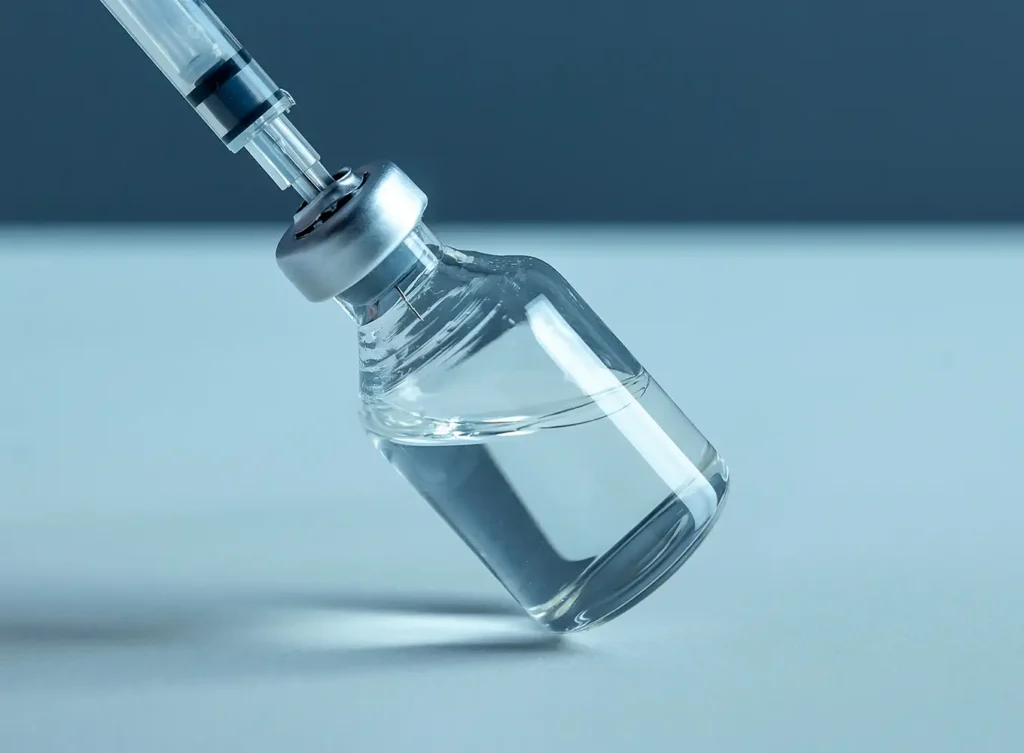
Hazardous Drug Wipe Sampling
Hazardous drug wipe sampling is a critical practice for assessing contamination levels in healthcare environments where hazardous medications are handled. By determining baseline contamination, facilities can identify initial levels of residue present on surfaces, enabling them to implement effective control measures and monitor changes over time. This process is essential for screening occupational exposures, as it helps to quantify the extent to which healthcare workers may be exposed to hazardous substances during compounding, administration, and disposal. Regular wipe sampling provides valuable data that can highlight potential risks and inform the development of targeted interventions to protect staff and patients alike. Additionally, evaluating cleaning procedures through wipe sampling is crucial for ensuring that cleaning protocols are effective in removing hazardous residues. This evaluation allows facilities to adjust their cleaning practices based on empirical evidence, thereby enhancing safety and compliance with regulatory standards.
Overall, hazardous drug wipe sampling serves as a proactive approach to maintaining a safe working environment, minimizing risks associated with hazardous drug exposure, and fostering a culture of safety within healthcare settings. By regularly monitoring and improving practices, organizations can better safeguard the health of both employees and patients by ensuring compliance with OSHA and USP standards.
Hazardous drug wipe sampling is a critical practice for assessing contamination levels in healthcare environments where hazardous medications are handled. By determining baseline contamination, facilities can identify initial levels of residue present on surfaces, enabling them to implement effective control measures and monitor changes over time. This process is essential for screening occupational exposures, as it helps to quantify the extent to which healthcare workers may be exposed to hazardous substances during compounding, administration, and disposal. Regular wipe sampling provides valuable data that can highlight potential risks and inform the development of targeted interventions to protect staff and patients alike. Additionally, evaluating cleaning procedures through wipe sampling is crucial for ensuring that cleaning protocols are effective in removing hazardous residues. This evaluation allows facilities to adjust their cleaning practices based on empirical evidence, thereby enhancing safety and compliance with regulatory standards.
Overall, hazardous drug wipe sampling serves as a proactive approach to maintaining a safe working environment, minimizing risks associated with hazardous drug exposure, and fostering a culture of safety within healthcare settings. By regularly monitoring and improving practices, organizations can better safeguard the health of both employees and patients by ensuring compliance with OSHA and USP standards.
Reach out to Rahman Xcellence by calling 618.580.9878 for reliable hazardous drug wipe sampling services today.
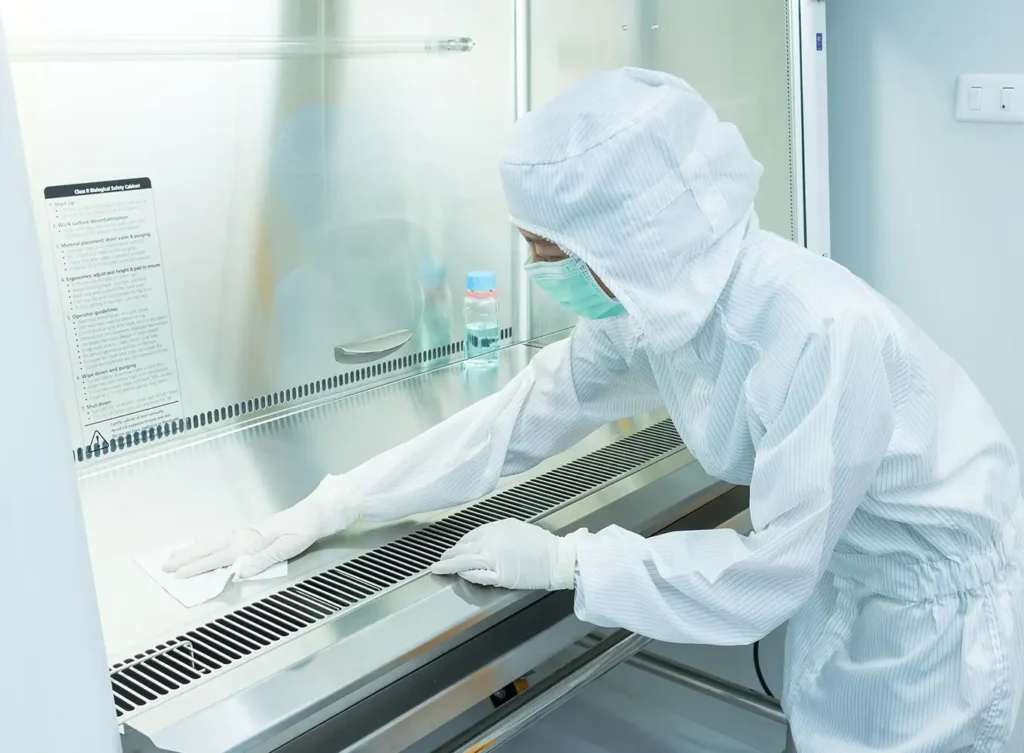
Routine Environmental Sampling
Routine environmental sampling is an essential component of infection control and safety in healthcare settings. This practice involves systematically collecting samples from various surfaces, such as countertops, equipment, and high touch areas, to assess the presence of microbial contaminants and ensure a clean and safe environment for patients and staff. By regularly monitoring these surfaces, healthcare facilities can identify potential sources of contamination and evaluate the effectiveness of cleaning and disinfection protocols. Environmental sampling also involves routine monitoring of viable microorganisms collected in the air. This proactive approach not only helps in maintaining compliance with regulatory standards but also plays a crucial role in reducing healthcare-associated infections (HAIs). The data collected through environmental sampling can guide targeted remediation efforts, enabling facilities to focus resources where they are most needed.
Additionally, routine environmental surface sampling fosters a culture of accountability and quality assurance, as staff become more aware of the importance of maintaining clean spaces. By integrating this practice into their infection control programs, healthcare organizations can enhance patient safety, protect vulnerable populations, and ultimately improve overall health outcomes. Regular analysis of sampling results also supports continuous improvement initiatives, ensuring that facilities adapt to emerging challenges in infection prevention and control.
Routine environmental sampling is an essential component of infection control and safety in healthcare settings. This practice involves systematically collecting samples from various surfaces, such as countertops, equipment, and high touch areas, to assess the presence of microbial contaminants and ensure a clean and safe environment for patients and staff. By regularly monitoring these surfaces, healthcare facilities can identify potential sources of contamination and evaluate the effectiveness of cleaning and disinfection protocols. Environmental sampling also involves routine monitoring of viable microorganisms collected in the air. This proactive approach not only helps in maintaining compliance with regulatory standards but also plays a crucial role in reducing healthcare-associated infections (HAIs). The data collected through environmental sampling can guide targeted remediation efforts, enabling facilities to focus resources where they are most needed.
Additionally, routine environmental surface sampling fosters a culture of accountability and quality assurance, as staff become more aware of the importance of maintaining clean spaces. By integrating this practice into their infection control programs, healthcare organizations can enhance patient safety, protect vulnerable populations, and ultimately improve overall health outcomes. Regular analysis of sampling results also supports continuous improvement initiatives, ensuring that facilities adapt to emerging challenges in infection prevention and control.
Contact Rahman Xcellence at 618.580.9878 for dependable routine environmental sampling services today.

